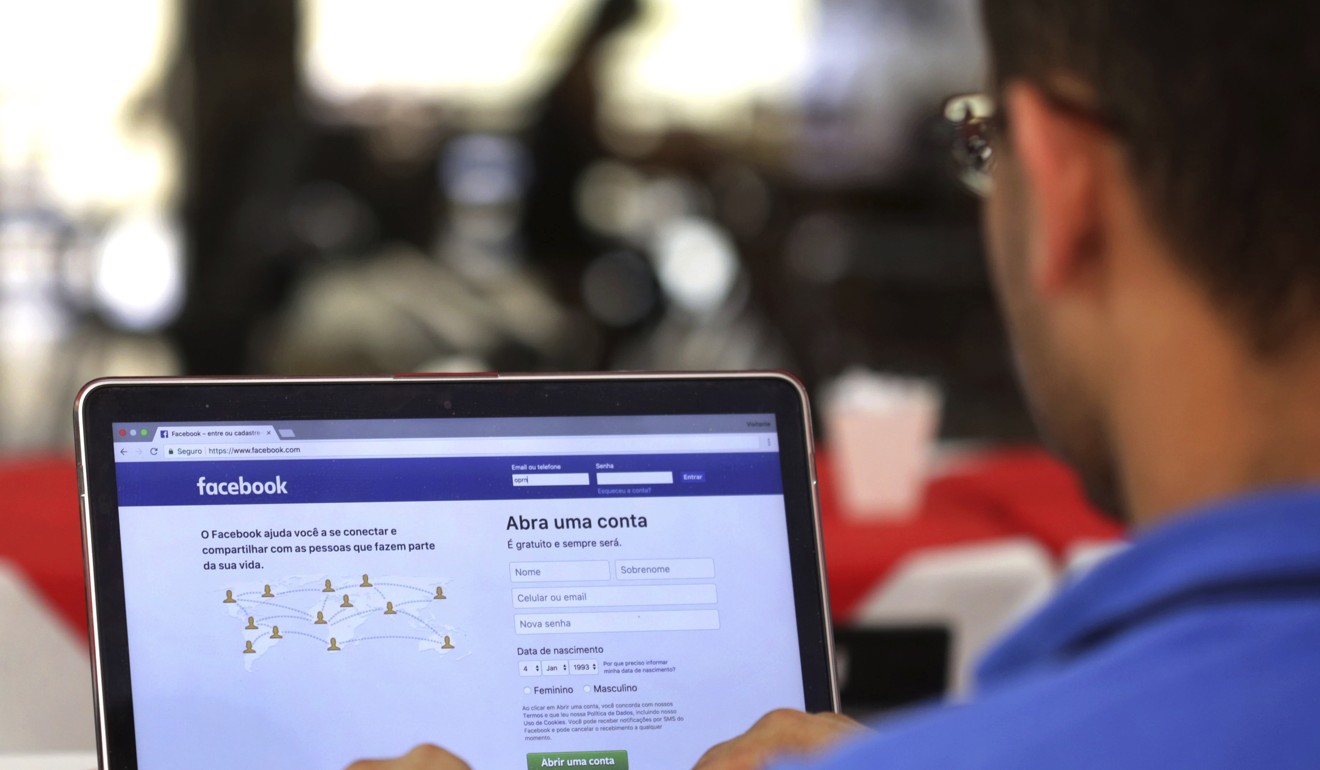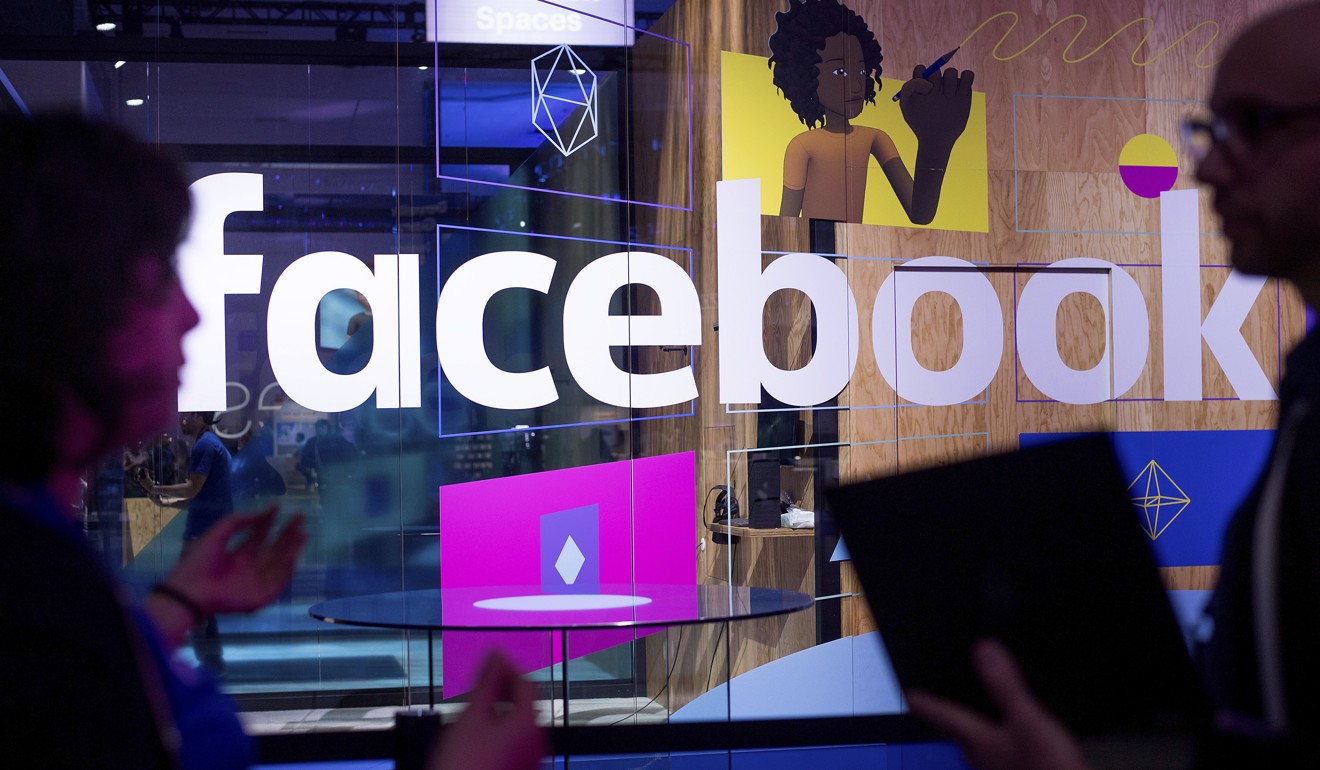
Mark Zuckerberg loses US$2.9 billion after announcing Facebook will prioritise friends over businesses
Facebook will now prioritise users’ friends and family, rather than news and businesses, to encourage conversation – and that has sent shares tumbling
Facebook CEO Mark Zuckerberg’s fortune fell US$2.9 billion on Friday after he said users’ news feeds would focus on content created by family and friends at the expense of material from media outlets and businesses.
Shares of Facebook tumbled 3.9 per cent in New York, cutting Zuckerberg’s wealth to US$74.4 billion on the Bloomberg Billionaires Index.
If that decline holds through the close of trading, he will lose his place as the world’s fourth-richest person to Spanish retail billionaire Amancio Ortega.
The drop wipes out much of the US$4.5 billion Zuckerberg, 33, has added so far this year. The world’s 500 richest people gained US$1 trillion in 2017 and an additional US$17 billion in the first two weeks of 2018, according to the Bloomberg index.
The company reassured its partners that it will help them adjust to the new policy.
“We know even a small update to News Feed can be disruptive to you and your talent’s businesses, and this change will take some time to figure out,” the social network said. “As we take this journey together and focus on content that our community can connect around, we’ll work on providing you and your clients with best practices, insights, and tools to help them understand and create content that promotes these meaningful interactions on Facebook.”
For much of the past few months, Zuckerberg has been thinking aloud about Facebook’s mission. He kept saying he wanted Facebook to become a place for meaningful social interaction. His resolution for 2018 was to “fix” Facebook.

Zuckerberg disclosed late on Thursday that the company is reprogramming its computers to prioritise posts on which people feel forced to interact in a rich way.
They could do that by writing a long reply to a grieving family member, for example, or by having a back-and-forth with friends about a wacky local news story.
The aim is to reduce the time people spend aimlessly scrolling through Facebook less and instead encourage them to engage for a while in a meaningful interaction or two.
This comes after last month’s stunning admission by Facebook itself that the ways many people use the social network – passively scrolling through their streams of posts – makes them feel bad.
But whether this makes people feel happier while they are hanging out on Facebook, or makes the site less of a tool for propaganda or misinformation, remains to be seen – after all, people share angry diatribes as much as puppy photos, and misinformation has turned out to be pretty darn engaging.
Zuckerberg said one expected result is a decrease in the collective time users spend on the site.

Some stock analysts worried on Friday that Zuckerberg did not address the potential business implications of Facebook’s mission shift or did not seem to care about them. Shares are declining in market trading.
It is worth noting that investors tend to say they want businesses to make short-term trade-offs to improve companies’ long term health.
We are about to see whether investors put their money behind Zuckerberg’s principles, and their own. If Facebook’s revenue growth slows materially in the next few months, will they panic?
The big glaring losers – besides investors’ delicate stomach linings – are the millions of companies that sought to build a business on Facebook.
The company warned that its computer systems are likely to circulate less information from Facebook accounts of businesses and more from personal accounts.
That is bad for news organisations, entertainment companies, high street coffee shops and giant corporations trying to reach existing and prospective customers on Facebook.
Those businesses need to adjust to the billionth version of Facebook’s rule book. And they do not even have a copy of the rules. Only Facebook does.
More changes may be coming, too, that will have Facebook play a more direct role in determining what are legitimate news sources in its digital hangouts.
That is something news organisations in particular have pushed Facebook and Google to do, but those tech superpowers have been reluctant to dictate what is trustworthy news and what’s hogwash.
It is possible Facebook will no longer try to walk the fine line between neutral tech platform and editorial dictator.


